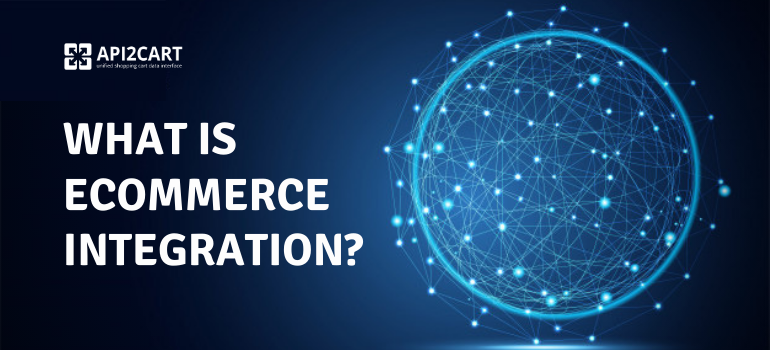
Artificial intelligence (AI) has long moved from the realm of science fiction to reality. Moreover, it rapidly incorporates into business and even our everyday life. And now it steadily embraces various spheres of e-commerce.
Let’s take a look at the changes and enhancements that artificial intelligence brings to the e-commerce industry:
#1 Customer service/Chatbots
Chabots are interactive messaging applications that can simulate conversations. In e-commerce, chatbots are used for enhancing and partly automating customer service. Though now chatbots may not be smart enough to wholly replace live chat operators that deal with non-recurring and non-standard issues, they are excellent in automating simple communication tasks. What is more, chatbots can provide even better assistance because they can answer immediately and thus accelerate customer service. AI-powered chatbots can “understand” and imitate natural language, and hence, can mimic a human-like conversation.
#2 Personal shopping assistants
Shopping assistants are AI-powered applications designed to provide personalized product suggestions. Due to the abundance of options on the market, it can be very difficult for shoppers to find what they need. Personal shopping assistants can process tons of data and help to quickly fish out the right item with the given specifications.
#3 Advanced Site Search
Providing site visitors with flexible site search is crucial for marketplaces and web stores with extensive product assortment. Aside from giving the ability to set detailed search parameters, e-commerce players can also provide enhanced semantic-based search. AI-powered search systems leverage AI’s ability to “understand” natural language and count with its nuances to be able to process queries with imprecisions, recognize synonyms, and return more relevant results.
#4 Fraud Detection
Using AI technologies, machines can study buying history and based on that info, identify tendencies and spot suspicious behavior. The system can understand the type of items that users normally buy and flag up those that deviate from this pattern. To prevent false declines, there are algorithms that take into account a wide variety of metrics to evaluate the transaction and define its validity.
#5 Supply chain management/ demand forecasting
Vast amounts of data go through the supply chain, so there is no wonder that merchants want to automate and digitalize this part of an e-commerce business as much as possible. Artificial Intelligence helps to organize and transform tons of data into actionable insights. With AI technologies, demand forecasting gets more precise, replenishment planning gets easier, and inventory levels get optimal as they have never been.
But to be able to process the data, AI-powered systems need to access it. To make it happen, the systems need to integrate with shopping carts, on which online stores with all their data on orders, products, and customers are located. To save time and money on developing and maintaining multiple connections, inventory management systems can integrate via a unified shopping cart API provided by API2Cart. This API allows integrating with 40+ shopping carts via a single API. You can create an account and see how the API works on live stores.
Have any questions or suggestions? Leave them in the comments section below!



